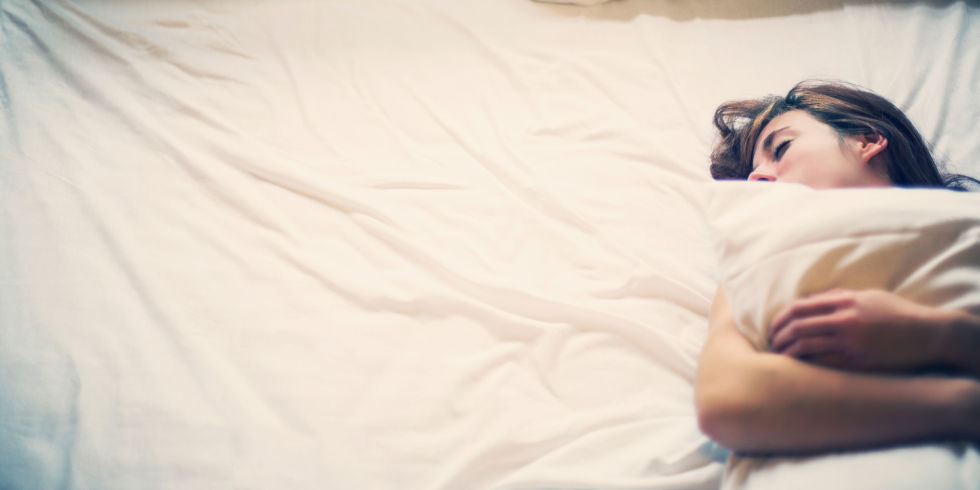We’ve all been there… You’re just drifting off to sleep when, seemingly out of the blue, your body jerks you back to wakefulness once more.
Although they are extremely common (it’s estimated that up to 70% of people experience them regularly), these starts – also known as ‘hypnic jerks’ – can be alarming.
So, what causes them? And can they be stopped? Here, we take a closer look at how you could get your hypnic jerks under control…
What are hypnic jerks?
Hypnic jerks occur when your muscles – usually the leg muscles – involuntarily contract and, although there is no concrete explanation for why they occur, there are several theories as to what could be causing them.
However, in its simplest form, the jerks happen when one part of the brain goes to sleep more quickly than other parts of the brain. Speaking to Time.com, UK-based sleep behaviour expert James Wilson said:
‘The complexity of going to sleep and waking up is incredible, and sometimes – particularly when we are sleep deprived – our brain doesn’t shut down normally, which means we get this sort of jerking movement when we’re in a light sleep… which is when we imagine ourselves falling off the sidewalk, a cliff or in a hole.’
He adds: ‘If someone is sleep deprived, as they go through the process of falling asleep, the brain will get stuck at the same point in time. Usually if we can help people address their sleep deprivation, the instances decrease or disappear altogether.’
How to prevent hypnic jerks
Any sleep-impairing habits in the hours before bed, such as drinking caffeine or doing vigorous exercise, could increase your chances of experiencing hypnic jerks. That’s why regular sufferers should make a conscious effort to improve their sleep environment and sleep habits. Wilson adds:
‘Try and get in a good routine around sleep. Wake up at the same time every day, and wind down properly before going to bed, making sure the activities you do in the hour before going to sleep are relaxing to you. Like most issues surrounding sleep, preventing hypnic jerks is all about trying to solve that sleep deprivation.’
Other simple steps to improve your sleep include:
Only go to bed when you’re ready to sleep.
Try to avoid sleep medication.
Make sure your room is the perfect temperature for sleeping – not too hot or cold.
Avoid looking at your phone or watching TV for at least an hour before bed.
If possible, ban screens from your bedroom altogether.
Avoid drinking caffeine or alcohol before bed.
De-stress with a book, bath or meditation.
Enforce a blackout so you’re sleeping in total darkness.
Keep a sleep diary. If you suffer from hypnic jerks often, this will help you identify any patterns.
If you repetitively experience hypnic jerks and are worried about them, speak to your GP.












